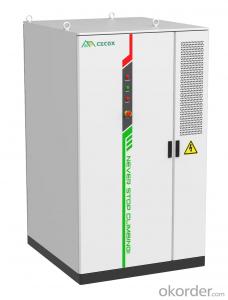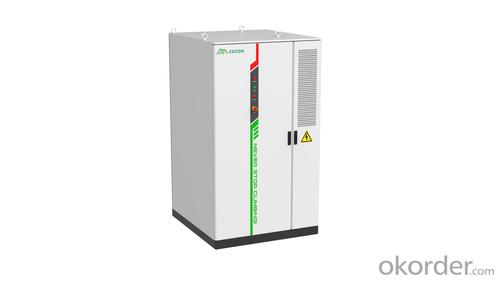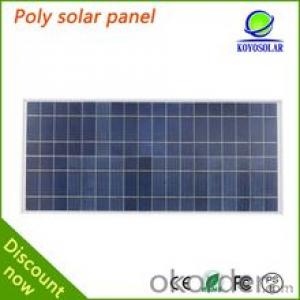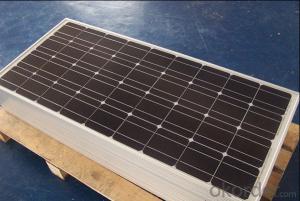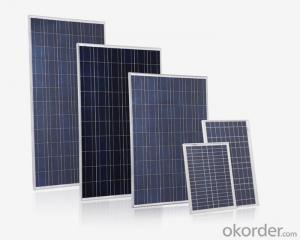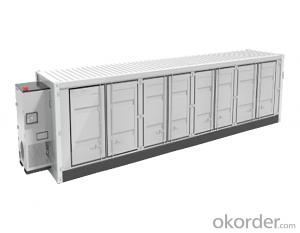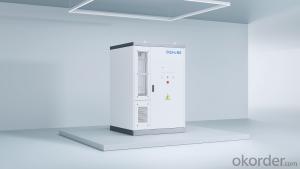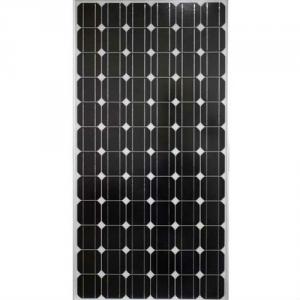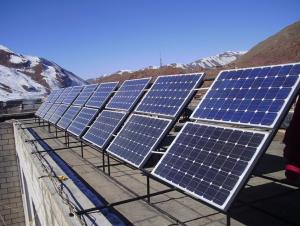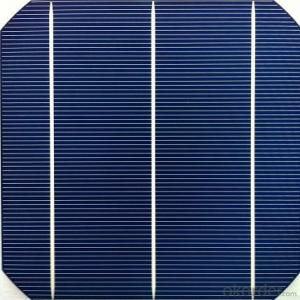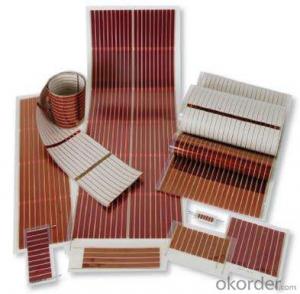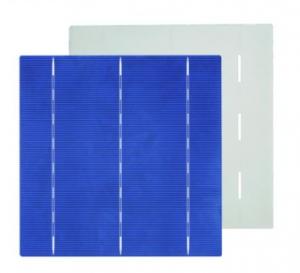Mj Solar Cells 186kw/372kwh 280ah Efficient and Smart Liquid-Cooling Cabinet Commercial/Industrial Storage
- Loading Port:
- SHANGHAI
- Payment Terms:
- TT OR LC
- Min Order Qty:
- 5 unit
- Supply Capability:
- 200 unit/month
OKorder Service Pledge
OKorder Financial Service
You Might Also Like
Specification
Product Features
Ultimate Safety
Multistage variable diameter liquid cooling pipeline, system temperature difference ≤ 4 ℃
Micro channel equalization pipeline, PACK temperature difference ≤ 2.5 ℃
Highly automated ,CCS integrated design
Electrical multidimensional fusion perception 15-year extra long life coolant
Smart and Efficient
BMS active balancing technology improves SOS accuracy by 3% and extends system life by 20%
OTA upgrade is sent from the cloud and upgrade efficiency is improved by more than 90%
Panoramic online monitoring and scheduling
Global customized design and development services
Support virtual power plant interconnection
Flexible and Convenient
Modular design, standardized interface
Elastic expansion, multi machine parallel connection
Multi-sensor and intelligent control system
Triple level modular PCS, up to 99% maximum efficiency
Cloud and edge integrated energy storage intelligent operation and maintenance center
Quick Response
Support multi-device access and multi-user sharing
Millisecond response to power dispatch
100% pre-installed integration
Equipped with LVRT, HVRT functions, and various control modes such as PQ, VF, and networking
Technical Data
Battery Type: LFP-280Ah
System Configuration: 8*1P52S
Rated Charge/Discharge Ratio: ≤0.5P
Rated Capacity:372kWh
DC Rated Voltage:1331.2V
DC Voltage Range:1164.8 ~ 1497.6V
AC Rated Power:186kW
AC Rated Voltage:690V±15%
Rated Grid Frequency:50Hz/60Hz
Size(W*D*H):1329*1447*2300mm
Weight:3.8t
Protection Level:IP54(PACK IP67)
Operating Temperature Range:-30 ~ 55℃
Relative Humidity Range:5% ~ 95%(Non condensation)
Operating Altitude:≤2000m(>2000m Reduction)
Fire Protection System:Aerosol/Perfluoro
Communication Interfaces:CAN/RS485/Ethernet
- Q: Can solar cells be used in recreational vehicles?
- Yes, solar cells can be used in recreational vehicles. They are a popular and effective solution for powering various systems in RVs including lighting, appliances, and electronics. Solar panels can be mounted on the roof of an RV to harness sunlight and convert it into electricity, providing a reliable and sustainable source of power while on the road or during camping trips. Additionally, solar cells offer the advantage of being environmentally friendly and reducing reliance on traditional energy sources.
- Q: Can solar cells be used to power surveillance cameras?
- Yes, solar cells can be used to power surveillance cameras. Solar power can provide a reliable and sustainable source of energy for surveillance cameras, eliminating the need for traditional electrical wiring or frequent battery changes. Solar panels can capture sunlight and convert it into electricity, which can then be stored in batteries to power the cameras day and night. This makes solar-powered surveillance cameras an eco-friendly and cost-effective solution, particularly in remote or off-grid locations.
- Q: What is the difference between solar cells and solar panels?
- Solar cells and solar panels are closely related but have some key differences. A solar cell refers to a single unit that converts sunlight into electricity through the photovoltaic effect. It is the basic building block of a solar panel. On the other hand, a solar panel, also known as a photovoltaic module, is made up of multiple interconnected solar cells. The purpose of a solar panel is to harness a larger amount of sunlight and generate a higher output of electricity. In summary, while a solar cell is the individual component that directly converts sunlight into electricity, a solar panel is a collection of interconnected solar cells that work together to produce a higher power output.
- Q: What is the most commonly used material for solar cells?
- Because of the commercialization of solar cells. The variety of solar cells includes monocrystalline silicon solar battery, poly silicon solar cell, non crystalline silicon solar battery, there are also,cadmium, copper indium, etc.
- Q: Can solar cells be used for wireless communication devices?
- Yes, solar cells can be used for wireless communication devices. Solar cells can generate electricity from sunlight, which can then be used to power various electronic devices, including wireless communication devices such as smartphones, tablets, and wireless routers. This allows for the possibility of harnessing solar energy to power these devices, making them more sustainable and independent from traditional power sources.
- Q: Can solar cells be used in areas with high humidity?
- Yes, solar cells can be used in areas with high humidity. While high humidity can affect the performance of solar cells to some extent, modern solar cell technology is designed to withstand varying environmental conditions, including high humidity. Additionally, regular maintenance and protective coatings can help mitigate any potential humidity-related issues, allowing solar cells to efficiently generate electricity in humid areas.
- Q: What is the usage of solar cells?
- Solar cells were first used as as an alternative power source to the primary battery power source.
- Q: Can solar cells be used for powering shopping malls?
- Yes, solar cells can be used for powering shopping malls. Solar panels can be installed on the roofs or parking lots of shopping malls to generate electricity from the sun. This renewable energy source can help reduce the mall's reliance on traditional grid power and lower their carbon footprint. Additionally, the excess energy produced during off-peak hours can be stored or sold back to the grid, making solar cells a viable option for powering shopping malls.
- Q: Can solar cells be used to power large industrial facilities?
- Yes, solar cells can be used to power large industrial facilities. However, the feasibility and effectiveness of using solar cells for such facilities depend on factors such as the size of the facility, its energy requirements, available space for installing solar panels, and the cost-effectiveness of implementing and maintaining the solar power system.
- Q: Can solar cells be used for powering drones?
- Yes, solar cells can be used for powering drones. Solar-powered drones utilize photovoltaic cells to convert sunlight into electricity, which can then be used to power the drone's motor and other systems. This renewable energy source allows for longer flight times and reduced reliance on traditional fuel sources.
Send your message to us
Mj Solar Cells 186kw/372kwh 280ah Efficient and Smart Liquid-Cooling Cabinet Commercial/Industrial Storage
- Loading Port:
- SHANGHAI
- Payment Terms:
- TT OR LC
- Min Order Qty:
- 5 unit
- Supply Capability:
- 200 unit/month
OKorder Service Pledge
OKorder Financial Service
Similar products
Hot products
Hot Searches
Related keywords

